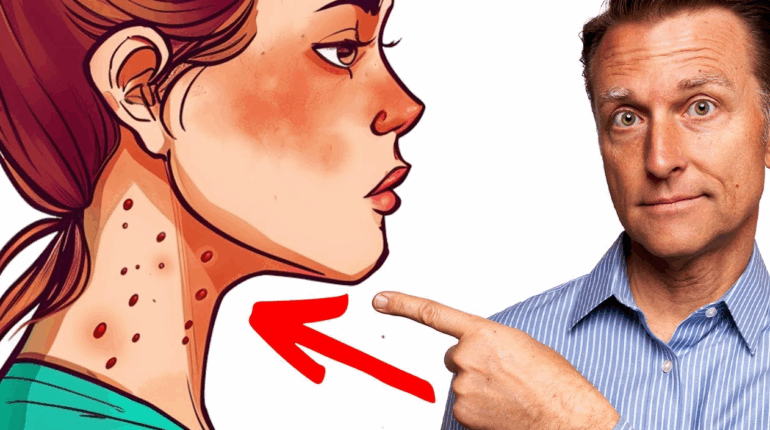📌 8 Signs That Indicate You Have Too Much Sugar

Posted 16 September 2025 by: Admin
Craving sweets, feeling irritable, or dealing with sudden fatigue? Hidden sugars might be the culprit. Recognizing the signs of excessive sugar intake can help you protect your mood, energy, and long-term health.
Sugar consumption continues to climb, making it tricky to know when you’ve crossed the line. Here’s what to look out for—plus tips on managing sugar intake effectively.
Not all sugars are equal. Naturally occurring sugars—fructose in fruit and lactose in dairy—generally have minimal negative effects when consumed in moderation. They’re often packaged with essential nutrients and fiber.
Processed sugars—like high fructose corn syrup and table sugar (sucrose)—originate from natural sources but are refined for stronger sweetness and lower cost. They’re common in packaged foods, making overconsumption easy.
Reading labels helps: sugars are now listed under “carbohydrates,” with “added sugars” indicating processed sweeteners. Watch for hidden names—there are over 60—such as syrups, juices, or anything ending in “-ose.”
Common Foods Loaded with Added Sugars
Foods to check carefully include:
- Sauces and condiments
- Juices and flavored milks
- Sweets, cakes, cookies, ice cream
- Yogurts (especially flavored)
- Nut butters with sweeteners
- Dried fruits
- Energy drinks, specialty coffees, iced teas
- Protein bars
- Breakfast cereals and instant oatmeal
8 Signs You’re Eating Too Much Sugar
1. Weight Gain or Stubborn Belly Fat
High sugar intake raises insulin levels, shifting your body into **fat-storing mode**—especially around the abdomen (visceral fat), which is linked to heart disease and diabetes.
2. Digestive Issues
Processed sugars and sugar alcohols can **cause bloating, gas, and diarrhea** because they ferment in the gut. Conditions like lactose intolerance or Crohn’s disease can worsen these effects.
3. Mood Swings or Irritability
A “sugar crash” happens when insulin rapidly lowers blood glucose, prompting adrenaline and cortisol surges. This can lead to **mood swings, anxiety, or even depression over time**.
4. Poor Sleep Quality
Research shows excess sugar leads to **restless, shallow sleep**. High-carb meals may make you drowsy but disrupt deep restorative stages, leaving you tired in the morning.
5. Cavities and Gum Problems
Sugary residues combine with saliva and bacteria, forming plaque that can erode enamel. **Sugar intake is a leading cause of tooth decay** and gum disease.
6. Skin Breakouts and Premature Aging
Sugar-driven inflammation breaks down collagen and elastin, leading to **wrinkles, sagging, and acne flare-ups**. High glucose can cause glycation—collagen stiffening that accelerates aging.
7. Persistent Sweet Cravings
Sugar triggers dopamine release, making you feel good but **driving further cravings**, especially at night. This cycle can lead to overeating and weight gain.
8. Constant Hunger
Because sugar is quickly metabolized, it leaves you **hungry sooner**, encouraging compulsive snacking and excessive calorie intake.
Monitoring added sugars and choosing whole foods—fruits, vegetables, whole grains—can stabilize your mood, weight, and energy. If cravings or symptoms persist, consider consulting a nutritionist or healthcare professional for guidance.




















